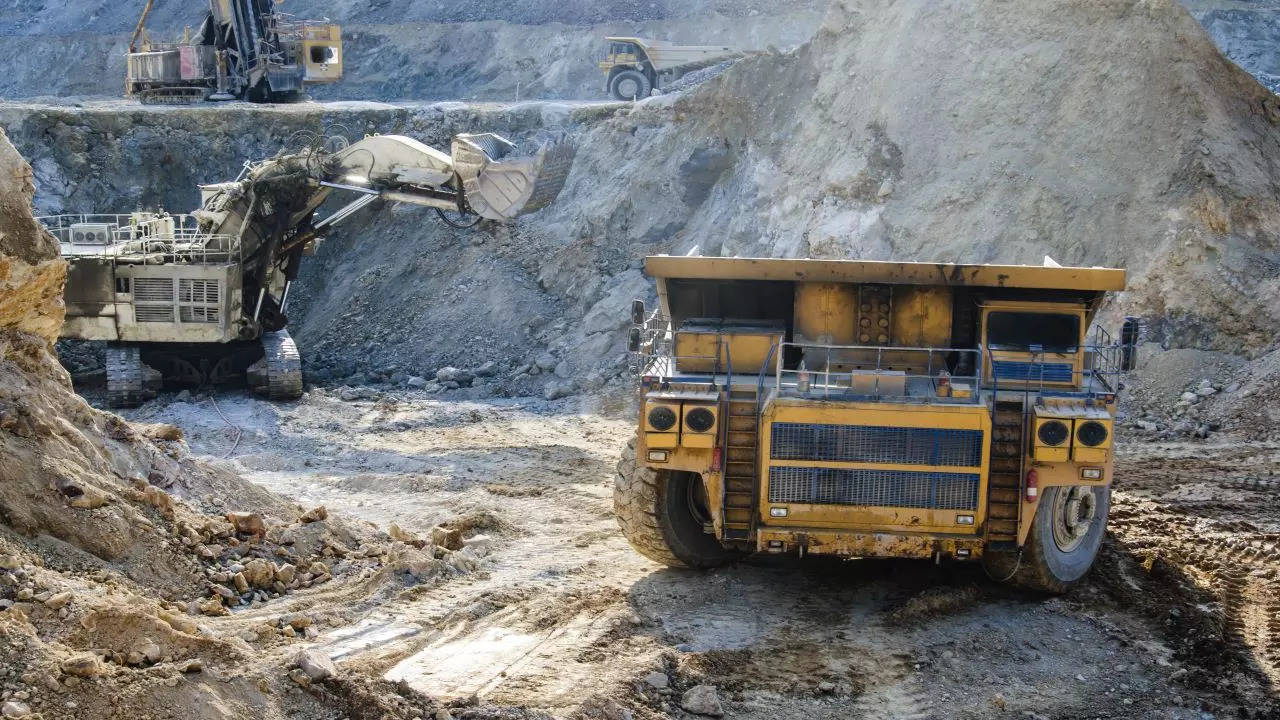
California-based KoBold Metals, whose backers include Microsoft’s Bill Gates and Amazon’s Jeff Bezos, said it aims to start producing copper and cobalt at a project in Zambia within 10 years.
KoBold is spending about USD 150 million to accelerate its search for more deposits at the Mingomba project, located along the fabled African copper belt.
The additional studies would be completed in 2024, said Mfikeyi Makayi, the Zambian CEO of the Silicon Valley start-up.
“It’s a very attractive project and we have said within a decade we would want Mingomba to be a producing mine,” Makayi told Reuters.
KoBold uses artificial intelligence to search for copper, cobalt, nickel and lithium, that the world needs for the clean energy transition and to accelerate growth in electric vehicles.
KoBold is backed by Breakthrough Energy Ventures, a climate and technology fund supported by billionaires including Virgin’s Richard Branson and Bridgewater Associates’ Ray Dalio as well as Gates and Bezos.
The company’s investors understand the lengthy period it takes to build the mine and that securing supplies of these metals is critical, the Makayi said.
“They may not be your traditional, conventional backers, but the global need is so critical, it’s basically a crisis,” Makayi said. “That’s why the buy-in is there, for people to be willing to be with us for the long haul, that just shows the commitment to what we are doing.”
KoBold also searches for critical metals with BHP Group and Rio Tinto at projects in Australia. Commodity investor EMR Capital and Zambia’s ZCCM-IH also own stakes in Mingomba.
The U.S. is looking for alternative sources of supply for critical metals and the funding from American investors has enabled KoBold to ramp up exploration, Makayi said.
KoBold wants to find more deposits as big as Mingomba in Zambia and would also explore opportunities in Botswana, Namibia and the Democratic Republic of Congo, Makayi said.
She wouldn’t say if KoBold would partner with BHP and Rio Tinto to develop Mingomba. KoBold’s own internal capacity could advance the mine, Makayi said.
“Maybe they will come in, it doesn’t have to be in Zambia, it could be Namibia or Botswana. They’re our partners but those are discussions are yet to be had.”

